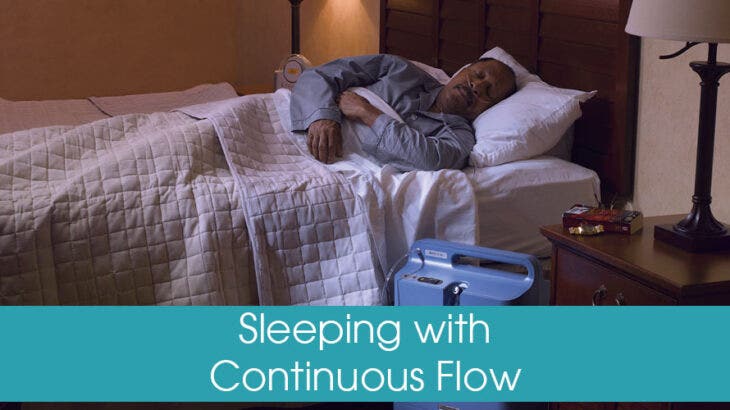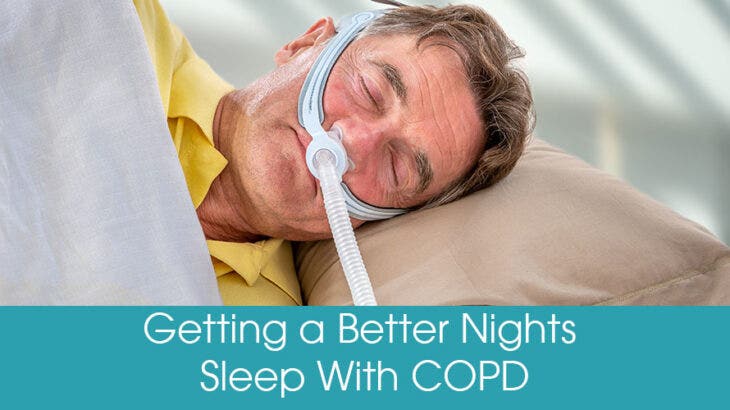
Your ability to get adequate sleep directly influences your cognitive health. If you require a continuous oxygen concentrator throughout the night, the last thing you want is an obstacle to a good night’s sleep. In this blog post, we’re going to discuss continuous oxygen concentrators that are optimized for sleep.









